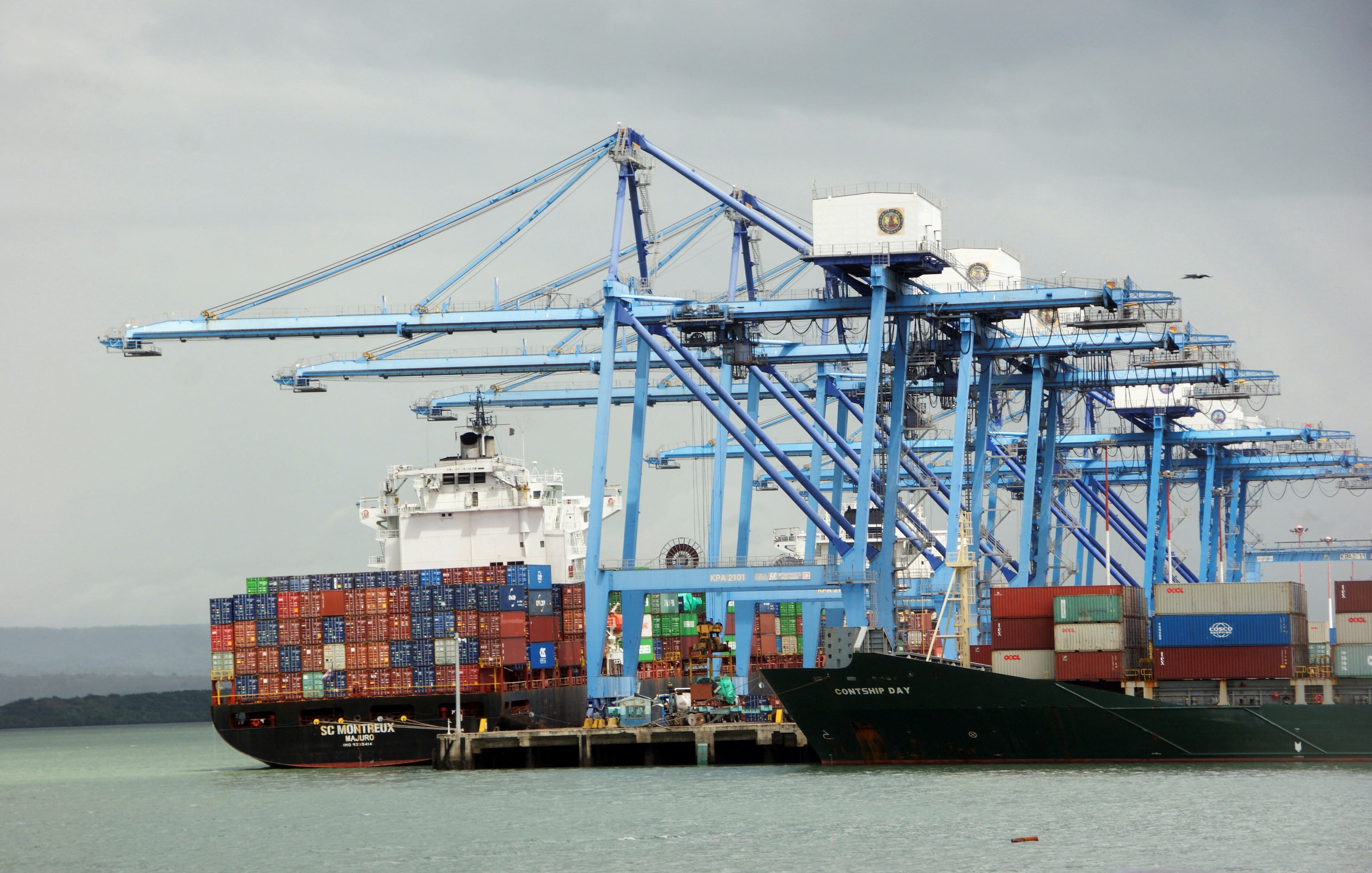Unlocking Africa's $1 trillion food economy: The role of global aid and sustainable technology

Sustainable technology is one priority for unlocking lost value of Africa's food economy.
Image: Getty Images
- Global aid with strategic investments can help address systemic barriers to achieving Africa’s $1 trillion food economy by 2030.
- Two priorities for bolstering food in Africa are deploying technology-driven solutions such as solar-powered refrigeration systems and e-procurement platforms and improving physical infrastructure for food storage and transportation.
- Multi-stakeholder partnerships that pool resources and expertise will empower African farmers and food businesses through access to digital technologies, financial services and market platforms.
Global aid is crucial to realizing Africa’s $1 trillion food economy. It can help promote sustainable growth by targeting obstacles, enhancing resilience and unleashing the continent’s agricultural capabilities.
Global aid is also vital for nurturing trade and economic integration, which are fundamental to Africa’s agricultural development agenda. The African Development Bank forecasts a potential surge in the food and agriculture market from $280 billion annually to $1 trillion by 2030.
However, to achieve that, this aid must be effectively and efficiently directed to tackle the root causes of food insecurity on the continent: infrastructure, logistical challenges and lack of access to finance and digital technology. Therefore, strategic collaboration and investments are needed to prioritize Africa’s agricultural transformation and sustainable development objectives.
The persistent conflict in Ukraine has substantially impacted Africa, disrupting agricultural production, increasing delays and heightening food security risks. The continent is in the grip of a worsening food security crisis. Shockingly, over 20% of the continent’s population, approximately 257 million individuals, are currently suffering from undernourishment.
Approximately one-third of the world's food production is lost or wasted annually, resulting in economic losses estimated at $1 trillion. In Sub-Saharan Africa, this figure reaches approximately 37%, equivalent to 120-170 kg per capita annually. One of the contributing factors to this crisis is the challenges in infrastructure and logistical operations.
The Food and Agriculture Organization highlights another concerning reality: a significant portion of food produced in Africa – 30-40% – is lost before it reaches consumers.
With a continuous demand and increase in Africa’s exports and imports regionally and internationally, there is a pressing need for global collaboration to prioritize food storage and transportation infrastructure in Africa to alleviate the food security crisis.
Financing Africa's Agri-SMEs
Access to credit poses a significant barrier to private sector investment in African agriculture, with the African Development Bank estimating an annual financing shortfall of up to $65 billion. Creating a conducive policy environment for the financial sector to offer more business and financial tools to agricultural small and medium enterprises (Agri-SMEs) is essential.
Additionally, the government could incentivize banks and other financial institutions to develop specialized financial products, such as flexible credit lines or leasing arrangements, to meet the unique needs of Agri-SMEs.
Therefore, by fostering partnerships among governments, businesses, NGOs and institutions such as the UN and USAID, resources and expertise can be combined to invest in technology-driven solutions tailored to Africa’s unique needs.
Two such solutions involve:
- Employing solar-powered refrigeration systems. These systems harness solar panels to produce electricity, which powers refrigeration units used in cold storage. This helps extend the shelf life of food produce, mitigate post-harvest losses and preserve product quality.
- Investing in e-procurement platforms that provide financial credit to food businesses. These platforms provide quick and convenient access to funding, eliminating the bureaucratic hurdles often associated with traditional lending processes.
This agility allows businesses to capitalize on emerging opportunities and respond swiftly to market demands.
Digital empowerment
Harnessing technology is vital for realizing Africa’s $1 trillion food economy and promoting sustainable growth. Thus, it would need to embrace climate-smart farming methods and utilize digital platforms such as mobile apps and online marketplaces such as Vendease to connect farmers and stakeholders with valuable information and markets, empowering them to make informed choices.
Moreover, capacity building ensures that farmers and stakeholders have the requisite skills and knowledge to utilize technology in agriculture effectively.
These different approaches will enhance agricultural productivity and improve food security. For example, in Nigeria, programmes such as the Agricultural Development Programme adopt and use improved technologies in agricultural production, processing and utilization.
The programme provides smallholder farmers with training initiatives covering smartphone utilization and agricultural applications, enabling them to use their mobile devices to access market data, weather predictions and financial services.
Global entities must, therefore, collaborate closely with their African counterparts to tackle the intricate challenges related to infrastructure, logistics, financial accessibility and digital technology. This collaboration entails investing in projects to develop infrastructure, such as road and rail networks, cold storage facilities and market infrastructure, to enhance connectivity and efficiency within agricultural value chains.
Accept our marketing cookies to access this content.
These cookies are currently disabled in your browser.
Expanding horizons
Moreover, efforts should be directed towards expanding access to financial services, including microfinance, agricultural credit and insurance products, to empower farmers and food businesses to invest and expand.
Digital technology is vital in empowering farmers and food businesses. It provides access to crucial information, financial services and market platforms, enabling them to optimize their operations and expand their market reach.
Collaborative partnerships between global entities and African stakeholders are essential for developing tailored digital solutions that address African farmers and food business owners’ unique needs.
Some examples of digital literacy programmes include specialized agricultural applications and digital payment solutions that enhance productivity and profitability.
By leveraging digital technology and fostering collaboration, these initiatives can unlock Africa’s $1 trillion dollar agricultural potential, promote inclusive economic growth and ensure the sustainability of agricultural systems.
Don't miss any update on this topic
Create a free account and access your personalized content collection with our latest publications and analyses.
License and Republishing
World Economic Forum articles may be republished in accordance with the Creative Commons Attribution-NonCommercial-NoDerivatives 4.0 International Public License, and in accordance with our Terms of Use.
The views expressed in this article are those of the author alone and not the World Economic Forum.
Forum Stories newsletter
Bringing you weekly curated insights and analysis on the global issues that matter.
More on Global CooperationSee all
Natalie Pierce
August 12, 2025
JJ Enoch
August 6, 2025
Eric Holst
August 4, 2025
Catherine Chevauché
August 4, 2025
Li Dongsheng
July 31, 2025
Pranidhi Sawhney and Adam Skali
July 29, 2025





